If you ask me, the concept of rugby is fairly simple: 15 players from each team play on a pitch, tackling and wrestling each other to get a ball to the end of the pitch (field) with little to no padding or protection. Seems easy, right? That may be on the outside, but underneath that, the complex sport of rugby is one of the most celebrated sports in Europe, and the rugby season’s only just begun.
On Friday, January 31, the Guinness Men’s Six Nations Rugby Championship started. The championship comprises six nations (evidently) competing against each other for six weeks across a series of 15 matches for the Six Nations Championship Trophy and the title of the best rugby team in Europe. Those six nations include Ireland, England, Scotland, Wales, Italy, and France. Before we get into the Six Nations Championship’s current events, let’s dive a little deeper into the sport itself.
In 1883, the Home Nations Championship started with Ireland, England, Scotland, and Wales. From 1940 to 1946, the Championship took a hiatus during World War II, like many other international sports. When the 1947 season started, France was added, creating the Five Nations. These five nations were dominant and equally powerful. Italy would be added in 2000, making Six Nations what it is known today. Italy is notorious for being the worst in the Championship. Of the 126 matches Italy has played since joining in 2000, they’ve only won 15. They’ve won the Wooden Spoon 17 times (the Wooden Spoon is the award given to the lowest-ranking team of the season).
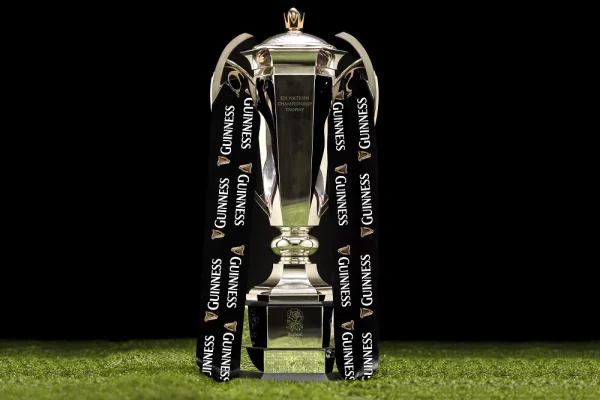
The game of rugby is played on a pitch, which varies in size; anywhere between 94 to 100 meters (308.4 to 328.1 feet) in length by 68 to 70 meters (223.1 to 229.7 feet) in width. On the pitch, fifteen players from each team try to earn the most points within the span of 80 minutes with a ten-halftime splitting the game into two 40-minute halves. With 15 players come 15 positions, seven backs (defense/defenders) and eight forwards (offense/goal-scorers, though both sides can play both if need be). The number on a player’s jersey is in accordance with what position they play. I will not go into detail about the 15 positions and their names and purposes, but for example, the player that wears a #2 jersey is a hooker, a player on the first line of defense in a scrum. I’ll get to a scrum in a bit.
When a team has possession of the rugby ball (what can only be described as a flattened sphere), they must make their way across the pitch, passing strategically to their players. However, they can only throw the ball sideways or behind the player who is holding the ball. It is illegal for the ball to be passed forward, however, a player can run forward with it and kick the ball forward. Points can either be scores in the goal line (endzone, if you will) or the H-shaped posts on the edge of the dead area and the playing pitch. This process is repeated to score points, and there are four ways to do so: a try, placing the ball over the opponent’s goal line, scoring five points; a conversion, a kick for two points after a try; a penalty kicked for three points when a penalty is called; and drop goal, a kick where the ball is dropped on the ground then kicked in between the posts for three points.

If there is an infringement of any kind during a play (these infringements are incredibly similar to those in a soccer or American football game), teams will fight for competition over the ball through a scrum. In a scrum, the seven forwards of both teams meet over the ball in three rows, the hooker (#2 jersey) in the middle. When the referee calls “Crouch, bind, set!”, the people in the scrum push together to gain possession of the ball to start a play. If the ball goes out of bounds (or “into touch”), then the process of a lineout is initiated. The hooker from the opposing team throws the ball toward two lines, one from each team. Each side will hoist up a player in an attempt to claim or reclaim possession of the ball and the game continues.
In the first game of the season on Friday, France took on Wales, winning 43-0, a painful Welsh loss. On Saturday, Scotland beat Italy 31-19 and a few hours later, Ireland beat England 27-22 in a nail-biter of a match. Looking ahead to the season’s upcoming matches, here is the Six Nation schedule for the rest of the season (all times are in Eastern Standard Time):
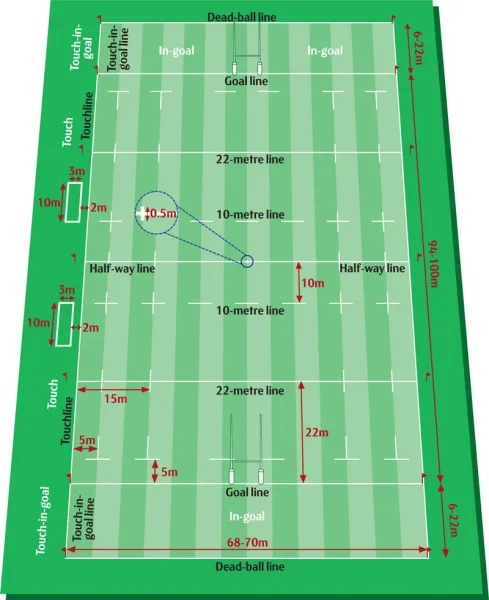
Saturday, February 8:
-
- Italy vs. Wales @ 9:15 AM
- England vs. France @ 11:45 AM
Sunday, February 9:
-
- Scotland vs. Ireland @ 10:00 AM
Saturday, February 22:
-
- Wales vs. Ireland @ 9:15 AM
- England vs. Scotland @ 11:45 AM
Sunday, February 23:
-
- Italy vs. France @ 10:00 AM
Saturday, March 8:
-
- Ireland vs. France @ 9:15 AM
- Scotland vs. Wales @ 11:45 AM
Sunday, March 9:
-
- England vs. Italy @ 11:00 AM
Saturday, March 15:
-
- Italy vs. Ireland @ 10:15 AM
- Wales vs. England @ 12:45 PM
- France vs. Scotland @ 4:00 PM
I hope this article gave you some basic information on the great sport of rugby. It is a highly underrated sport in America and should be appreciated more. If you are interested in rugby and want to learn more, watch Six Nations: Full Contact on Netflix! It gives an inside glimpse into what goes on in the locker of these nation’s teams. If you want to watch the sport live, watch the Six Nations games on NBC Sports or Peacock. Ireland has won the Championship the last two seasons, so I will not be surprised if they do so again this season. Good luck to all six teams in the league, and may the best nation win!
GO IRELAND!













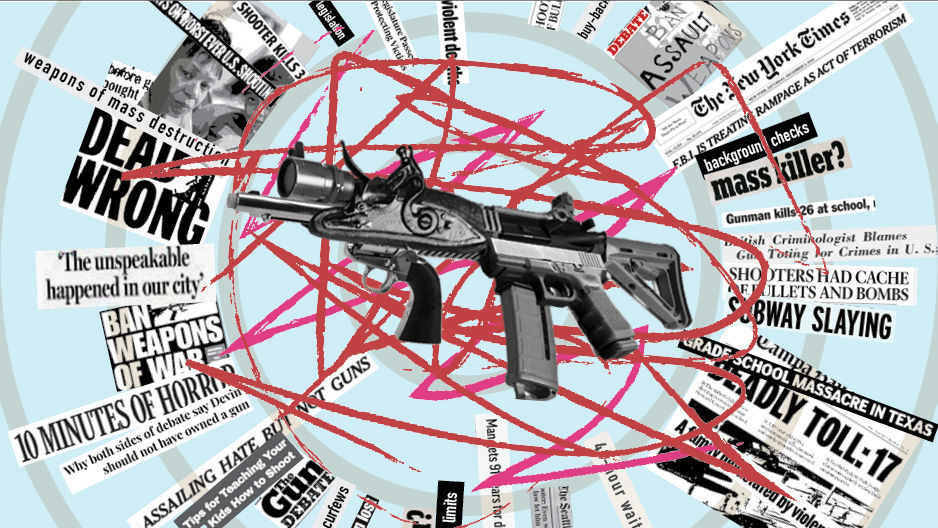


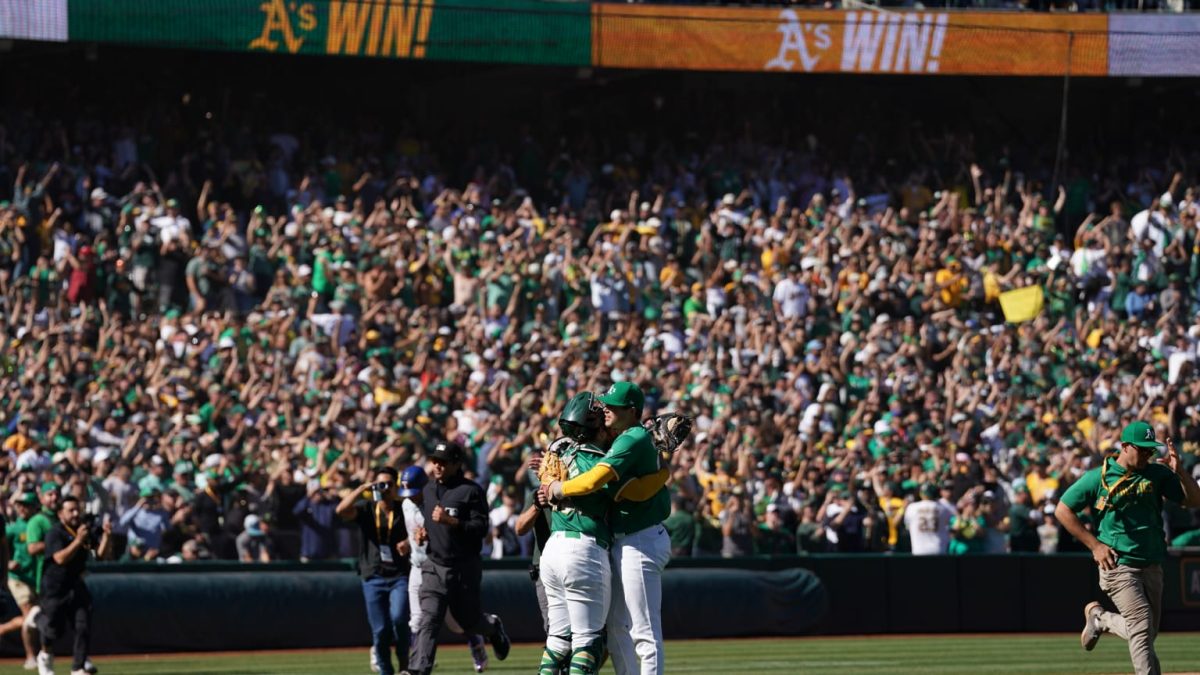
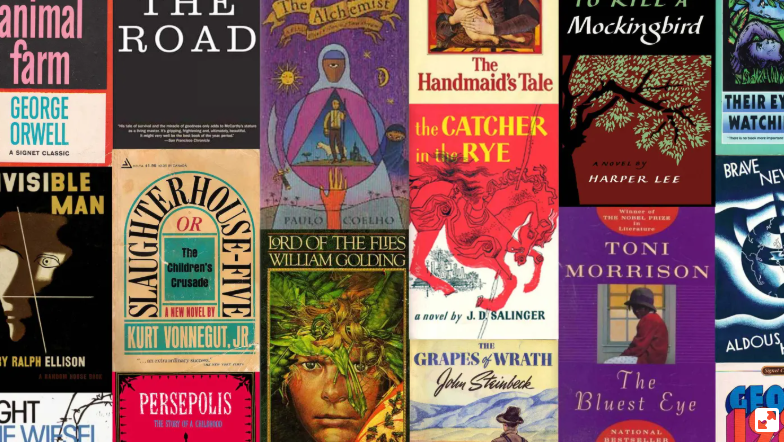



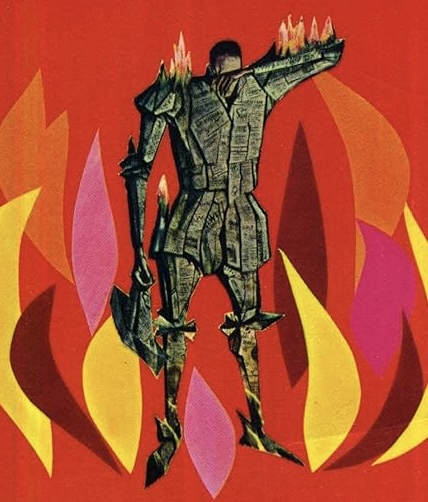
Lynn • Feb 7, 2025 at 7:52 pm
Thank younto Kim for introducing us! IRELAND!!!!
Mark W Dixon • Feb 7, 2025 at 12:10 pm
I always wondered why they added Italy… France too, for that matter.
Shannon Raneri • Feb 7, 2025 at 1:46 pm
But France can play. They won the Championship a few years back. In a lot of cases, Italy is just practice for the other team.
Kim Littlefield • Feb 8, 2025 at 3:15 pm
Watch out for Italy; they have invested a lot in the program and their underage teams are competing well! Wales on the other hand…
Shannon Raneri • Feb 10, 2025 at 9:05 am
I think I spoke too early with Italy with their consistent wooden spoon status, but Wales is painful to watch.